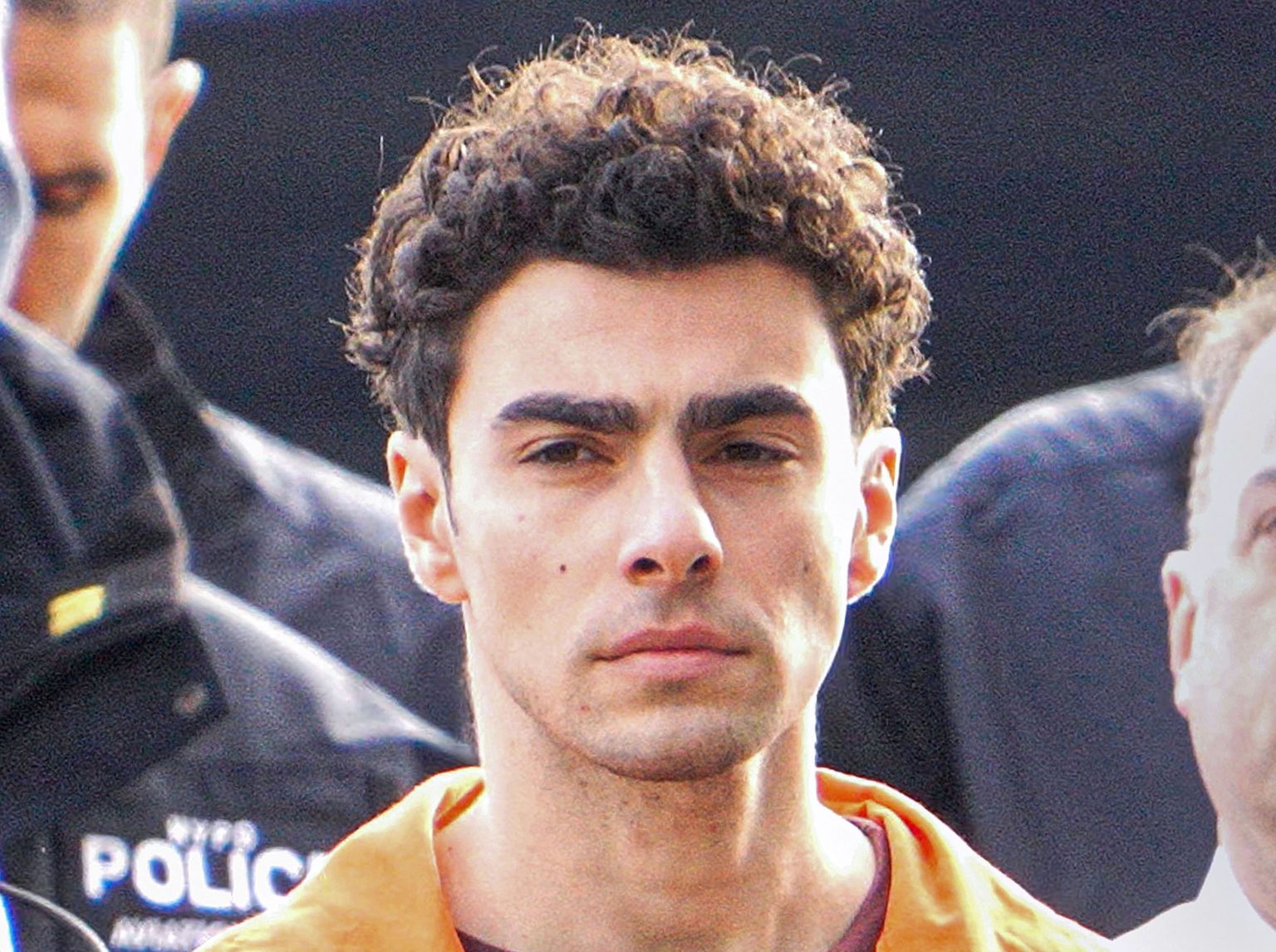Luigi Mangione stands accused of the December 4th murder of Brian Thompson, CEO of UnitedHealthcare, in Manhattan. The gravity of this crime is reflected in the multiple charges brought against him, spanning both federal and state jurisdictions. Federally, Mangione faces four counts: using a firearm to commit murder, interstate stalking resulting in death, stalking through the use of interstate facilities resulting in death, and discharging a firearm equipped with a silencer during a violent crime. These federal charges carry severe penalties, with the murder charge potentially leading to the death penalty and the other three carrying maximum life sentences. Concurrently, Mangione faces state charges in New York, including first and second-degree murder, as well as terrorism-related charges. He also faces additional gun and forgery charges in Pennsylvania. The intersection of these federal and state charges adds complexity to the legal proceedings, requiring coordination between different jurisdictions.
The federal prosecution team, comprised of Assistant U.S. Attorneys Dominic Gentile, Jun Xiang, and Alexandra Messiter, brings significant experience in handling murder cases to this high-profile prosecution. Messiter recently joined the U.S. Attorney’s office after working in private practice, while Gentile and Xiang successfully prosecuted a 2021 murder case in New York City. Their combined expertise underscores the seriousness with which the Department of Justice is approaching this case. Working under Acting U.S. Attorney Edward Y. Kim, these prosecutors are committed to addressing violence in all its forms, as evidenced by Kim’s statement emphasizing Mangione’s alleged premeditated act of violence and its classification as murder, not a form of debate or expression.
The circumstances surrounding Thompson’s death, as described in the charges, portray a calculated and disturbing sequence of events. Mangione is accused of traveling to New York with the specific intent of stalking and ultimately shooting Thompson in broad daylight outside a Manhattan hotel. The use of a firearm and silencer further underscores the premeditation and intentionality of the alleged crime. The prosecution’s assertion that Mangione aimed to broadcast his views through this act paints a picture of a disturbed individual seeking to make a violent statement.
The layering of federal and state charges carries significant legal implications for Mangione. While the exact timeline remains unclear, it’s anticipated that the New York state charges will be addressed first, followed by the federal case. This sequential approach allows both jurisdictions to pursue justice and hold Mangione accountable for his alleged actions. The Manhattan District Attorney’s office, headed by Alvin Bragg, has acknowledged ongoing discussions with federal law enforcement partners regarding the parallel nature of the cases, highlighting the need for coordinated efforts to navigate the legal complexities.
This complex case raises critical questions about the intersection of free speech, violence, and mental health. While the alleged motives behind Mangione’s actions remain unclear, the prosecution’s portrayal of his intent to broadcast his views suggests a distorted understanding of legitimate forms of expression. The stark contrast between using dialogue and resorting to violence to convey opinions underscores the tragic consequences that can arise from a breakdown in rational discourse. The potential presence of underlying mental health issues further complicates the narrative, raising questions about Mangione’s state of mind and capacity for rational decision-making at the time of the alleged crime.
The prosecution faces the challenge of presenting a compelling case that addresses both the factual elements of the crime and the potential underlying motivations. Proving premeditation and intent will be crucial in securing convictions on the most serious charges, including the federal murder charge, which carries the possibility of the death penalty. The defense, meanwhile, will likely explore all available avenues, potentially including challenges to the evidence, arguments related to Mangione’s mental state, and explorations of any mitigating circumstances. The unfolding legal proceedings will require careful consideration of these complex factors, ultimately shaping the course of justice in this tragic case.

